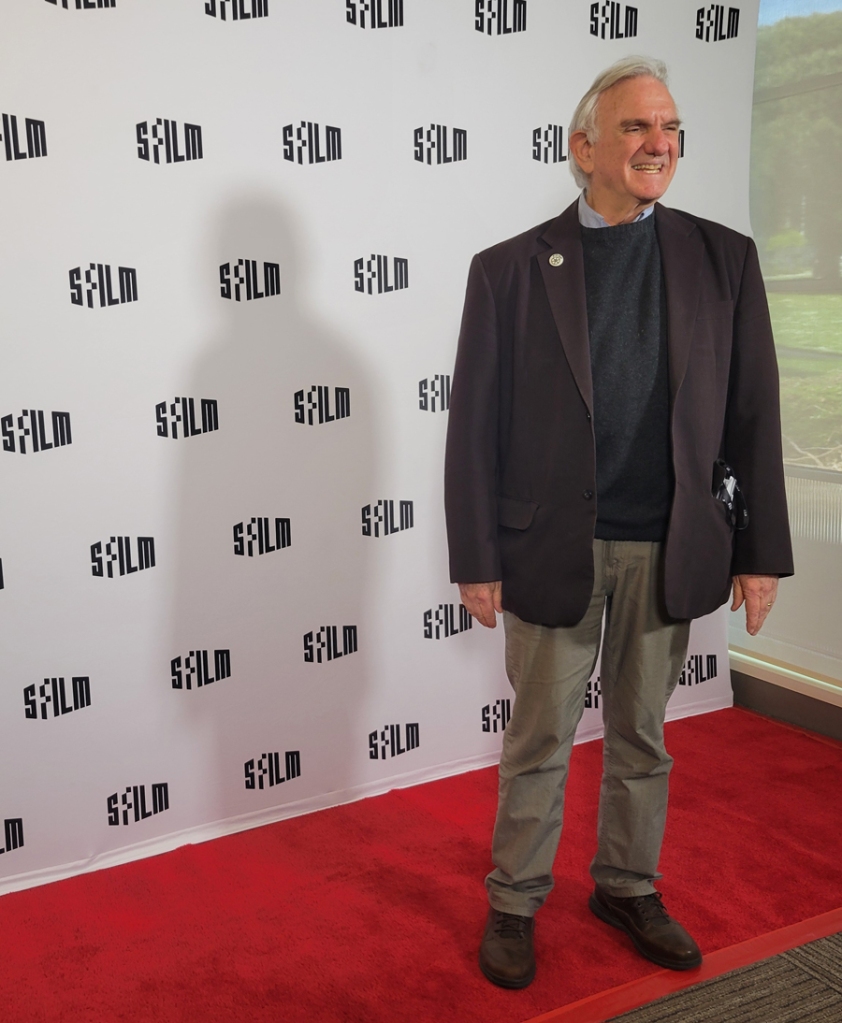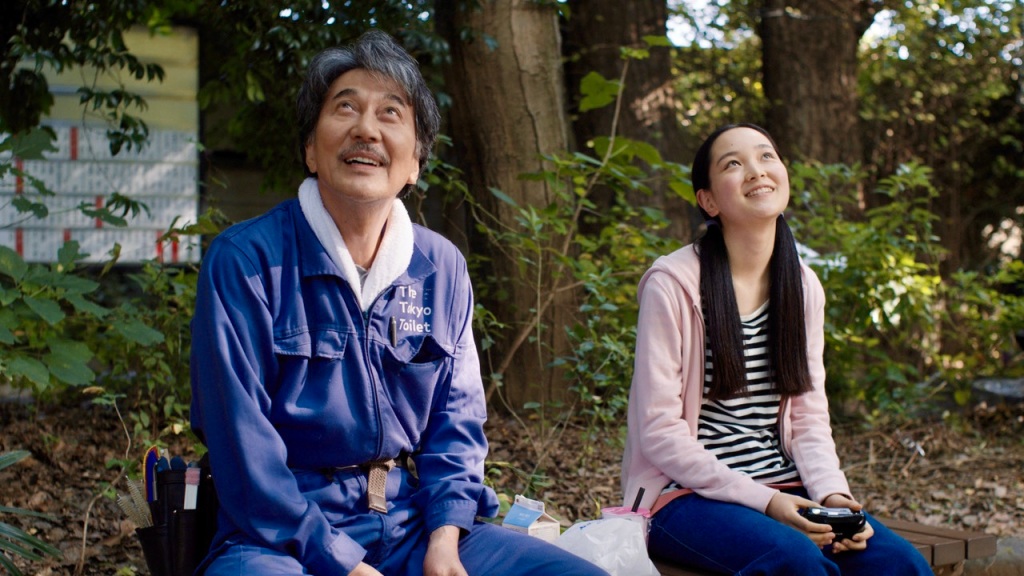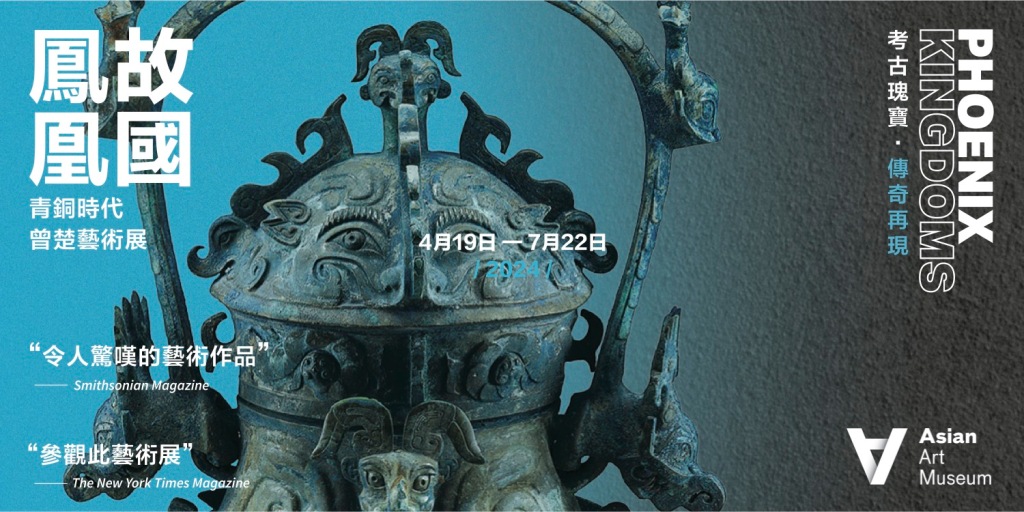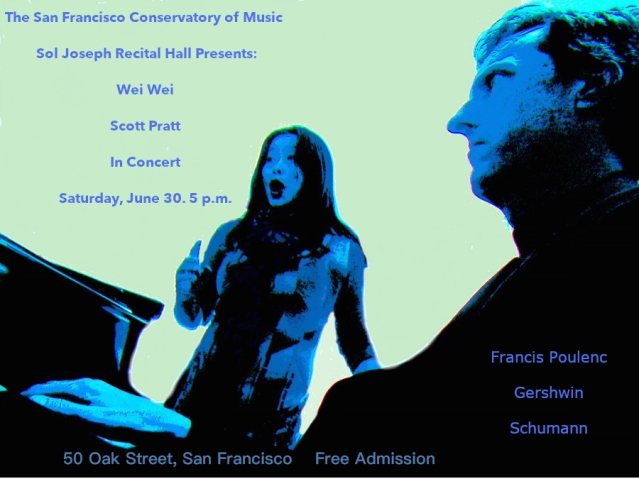By Noma Faingold
Gary Meyer walks into the lobby of the Premiere Theater in the Presidio on April 24, opening night of the 67th SFFILM Festival.
Meyer is a VIP, but does not act like it, as he waits his turn in a short line to pick up his festival pass and tickets to the screening of “Dìdi,” a semi-autobiographical, coming-of-age film by Sean Wang, a young director from Fremont, delivering his first feature.
As a couple of people walk by, they wave to Meyer with the familiarity of next-door neighbors. One man stops and greets him with a cursory, “How are you?” As soon as they start talking about something film related, they start smiling.
There is a succession of these kinds of mutually welcoming exchanges. Every few steps he takes, someone hugs him or initiates a chat. Meyer, 76, who exudes an energetic demeanor (for any age), seems more animated by the time he steps inside the theater after at least 20 minutes.
Three days later, Meyer would be honored for his vast contribution to the film industry – locally, nationally and internationally – with the Mel Novikoff Award, during an afternoon lineup he programmed. But, of course, he did. For the last 30 years, the award has been “given to an individual or institution whose work has enhanced the film-going public’s appreciation of world cinema,” according to a festival press release.
But on this opening night, Meyer is just excited to see a new independent film.
Born and raised in Napa, Meyer fell in love with movies at age 7 when he saw “Lady and the Tramp.” Then an amateur magician, Meyer said, “I saw it and it was magical.”
He went to the library to research animation. His father gave him a 8mm camera and Meyer started creating animated films. By age 12, his parents turned over the barn hayloft to him. Meyer turned it into a movie theater and performance space called the Above-the-Ground Theatre, a reference to the “underground cinema” that was emerging in the 1960s.

It started out with hanging a king-size sheet and building a projection booth. He was not only making movies, but he also sought out prints of classic films and shorts. As a teenager, he showed more than 200 films.
“We did workshops and published magazines,” he said. “I got kicked out of school because of them. It was great fun. I thought I wanted to be a filmmaker. That was the plan.”
He is grateful that his parents did not push him into the family business, a small chain of jewelry stores (founded in the 1920s by his grandparents), in such locations as Sacramento, Vallejo and Vacaville.
While still in his teens, during one of his many visits to San Francisco to see films at the art house Surf Theater in the Outer Sunset District, Meyer met owner Novikoff, who quickly became his mentor, friend and eventual collaborator. Even before Meyer started film school at San Francisco State University, he had an open invitation to screen films at the Surf.
“I was hooked on movies and wanted to see everything I could,” Meyer said. “Mel taught me it’s a good thing to break the rules.”
Meyer, who currently lives in Oakland, also frequented the Fox (Parkside) Theatre on Taraval Street and soaked in many films at now-closed Richmond District theaters, including the Alexandria, Coronet and Bridge.
He helped save the Balboa Theater, which was on the brink of closing. While he owned and operated the twin theater in the Outer Richmond from 2001-2012, he initially did his own market research by talking to matinee audience members, who were of an older demographic. He revitalized the theater by implementing a programming and marketing shift.
“It was about retaining the people in the daytime but programming it more intelligently to add an audience of film lovers at night,” he said.
He also created a newsletter, added special events and even gave away prizes, all of which, he said, “brought in more neighborhood people and created more of a community.”
Meyer’s credits and achievements are too lengthy to list. His bio is 12 pages.
“I also have a 160-word bio,” he said. “The long one is mostly so I can remember everything.”
Actually, he seems to vividly remember all his experiences when it comes to movies. While in conversation with film journalist Anne Thompson at the Novikoff Award ceremony, Meyer recalled colorful anecdotes, such as meeting heroes Groucho Marx and Alfred Hitchcock at the Cannes Film Festival during a 1971-72 trip to Europe that lasted more than a year at the beginning of his 53-year marriage to his wife, Cathy.
Some of his most impactful roles include co-founding Landmark Theatres (a national chain focused on adventurous programming), creative marketing strategies and cultivating audience loyalty. He also became a programmer/marketing consultant of the Telluride Film Festival in 1998, which led to becoming resident curator (1999-2006) and then co-director with co-founding director Tom Luddy from 2006-2015.
Meyer has a monumental list of filmmakers, including Spike Lee, David Lynch, Christopher Nolan, Gus Van Sant, Jane Campion, John Waters, Steven Soderbergh and Todd Haynes, whose work he has boosted through distribution, clever marketing or just because he passionately believed in their talent.
Thompson started her conversation with Meyer, who is also a journalist, by telling the audience, “The thing about Gary is he’s a generous soul who knows a lot. He knows more about film than any of us and he shares it. He wants to give everyone else a taste of his enthusiasm.”
She then turned to him and said, “That’s one of your great traits.”
Meyer’s Dream Double Features
Gary Meyer has programmed thousands of double features in his career. He was asked to share two double bills he would recommend right now. Not surprisingly, he offered more. (Streaming platforms are listed.)
“Sullivan’s Travels,” directed by Preston Sturges (Prime) and a silent film by Buster Keaton, “Sherlock Jr.” (Tubi, Prime). “The second film is only 45 minutes, so I’d have to add a short subject, “The Critic,” (Tubi), written by Mel Brooks,” he said. “These are all about going to the movies, which is a magical experience that means so much to me. I hope someday people have a chance to see them in a theater with an audience.”

Wim Wenders’ newest, “Perfect Days” (Prime). “It’s a masterpiece that pairs perfectly with Akira Kurosawa’s “Ikiru” (Max), two films about Japanese men dealing with aging in very different ways,” he said. “Let me make it a triple bill with Ozu’s “Tokyo Story” (Tubi, Max). Fits perfectly.”
Meyer named two 1960s films which maintain their societal relevance. “Stanley Kubrick’s ‘Dr. Strangelove’ (Max) with John Frankenheimer’s ‘The Manchurian Candidate’ (Tubi, MGM+) are hard to beat in commenting on today’s world political situation,” he said. “In high school, I saw a double bill of those two films. I went three nights in a row because I’d never seen anything like them. I had so many questions. I was constantly seeing movies that broke the mold of what I knew.”
Gary Meyer writes about film for his online magazine eatdrinkfilm.com.
– Noma Faingold
Categories: Theatre













